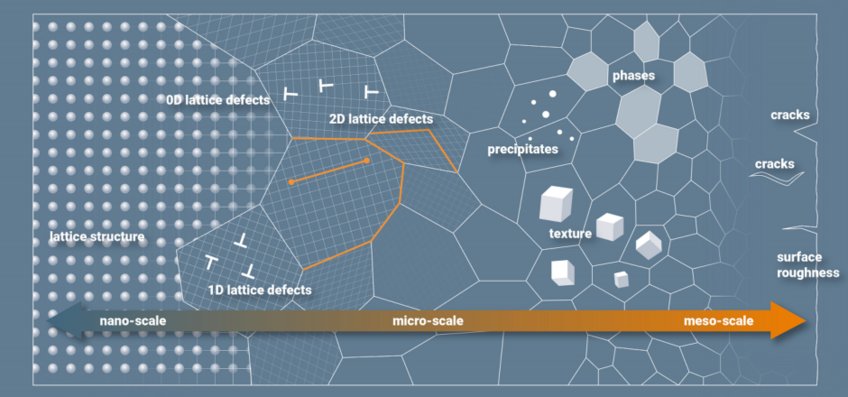The group focuses on advancing the sustainability of magnetic materials and their processing as well as improving the sustainability perspectives of materials recycling and elemental extraction. Ultimately the group strives to provide new understanding and fundamentals for developing the two research perspectives with respect to low-CO2 technologies and cost-effective processes for future materials designing. The group scientifically focuses on providing new experimental and theoretical understanding to bridge sustainability, magnetism and recycling into a common research field in relation to both production of new materials as well as re-use of decommissioned, scrap and waste material.
more


